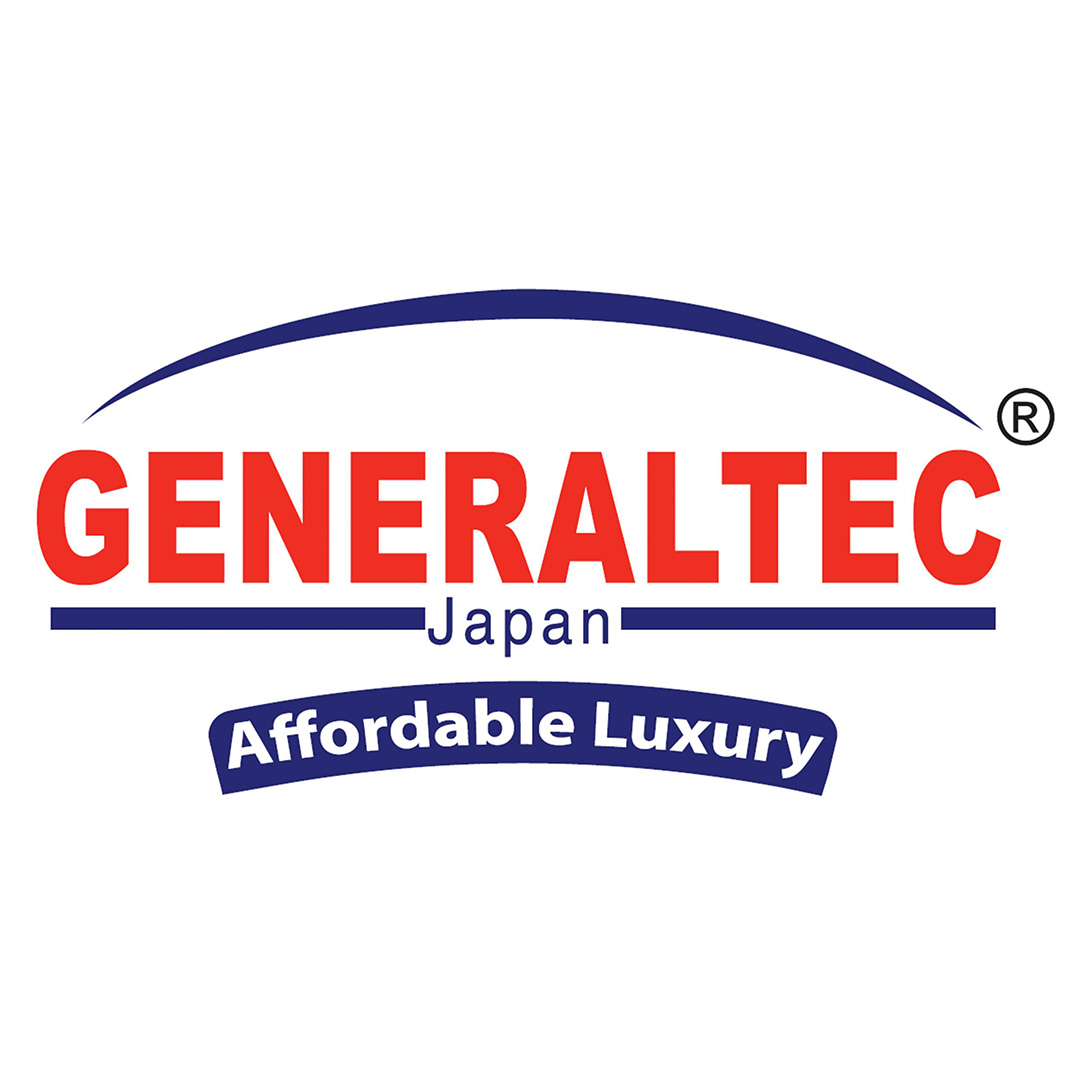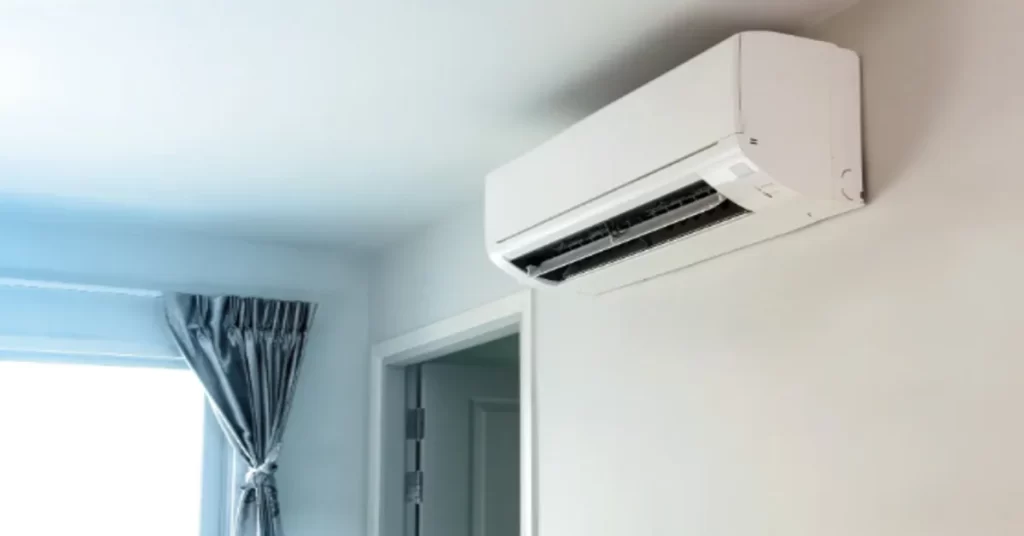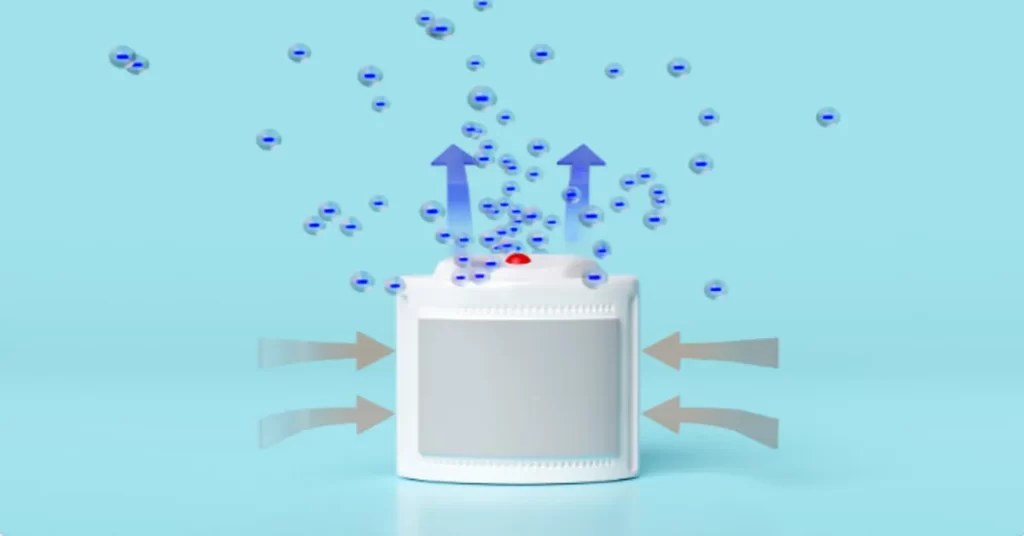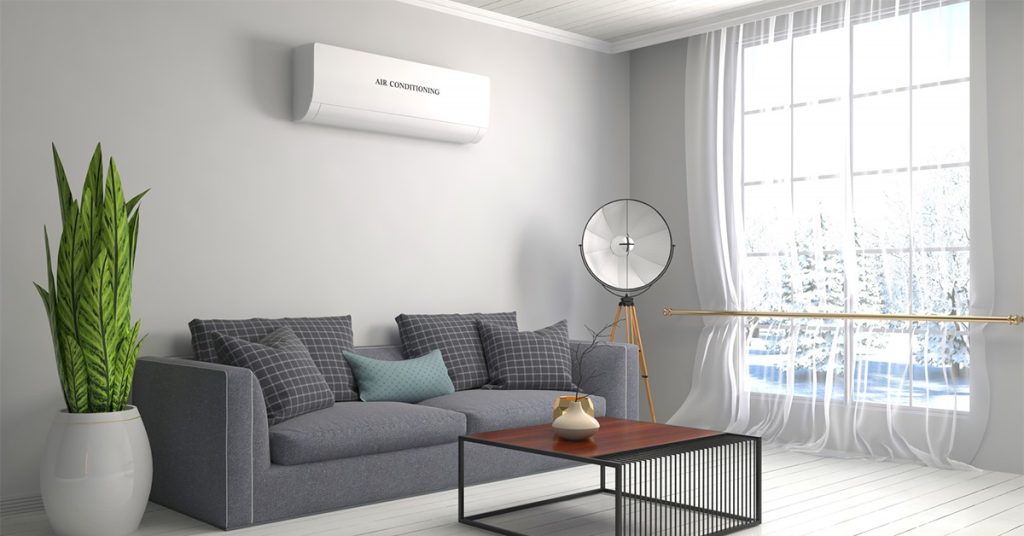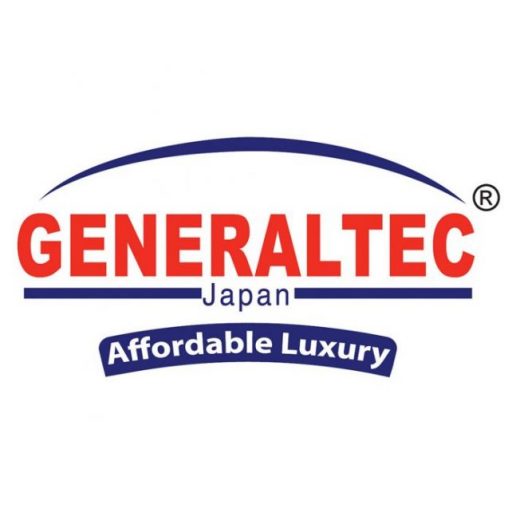How Energy Efficient ACs Help Reduce Electricity Bills in the UAE
Due to the hot weather, air conditioning (AC) is a must in the United Arab Emirates (UAE). However, maintaining an air conditioner can be costly. Energy-efficient ACs can help in this situation. Because of their reduced energy consumption, they contribute to cheaper electricity costs. Here’s how they function and their advantages
What Are Energy Efficient ACs?
Energy-efficient air conditioners are made to use less energy to cool homes and offices. They accomplish this by using improved design and modern technology. Among the essential elements are:
Inverter Technology
This technology allows the AC to adjust its power based on the room temperature. The air conditioner uses less energy by running continuously at a reduced power level as opposed to often turning on and off.
High SEER Ratings
Seasonal Energy Efficiency Ratio is referred to as SEER. An air conditioner with a higher SEER rating is more efficient. Higher SEER ratings indicate that energy-efficient air conditioners require less electricity to produce the same level of cooling.
Improved Insulation
Newer air conditioning units have better insulation, which keeps cool air from escaping. This implies that less effort will be required from the AC to maintain a pleasant temperature.
Advantages of Energy Saving Air Conditioners
Reduced Electricity Costs
The reduction in the cost of electricity is the most evident advantage. The monthly energy expenses are cheaper because these air conditioners consume less power. This can result in substantial savings in an area like the UAE, where air conditioning demand is considerable.
Environmentally Friendly
Reducing the amount of electricity used implies generating less energy. This contributes to a cleaner environment by lowering the carbon impact overall.
Longer Lifespan
Because energy-efficient air conditioners run more smoothly and with less effort, they frequently have a longer lifespan. Over time, this results in fewer malfunctions and a reduced need for replacements, saving money.
Better Performance
The cooling capacity of these air conditioners is increased. They improve indoor comfort by keeping the temperature constant.
Practical Tips for UAE Residents
Here are some useful advice on how to get the most out of energy-efficient air conditioners:
Regular Maintenance
Clean your filters and schedule routine expert examinations to keep your air conditioning units in good working order. Thanks to this, they will run as efficiently as possible.
Appropriate Insulation
Verify the insulation in your house or place of business. As a result, your air conditioner will have to work less to retain the cool air inside.
Smart Thermostats
Consider using smart thermostats. For the purpose of getting the most cooling periods, they can even learn your routine and give you more exact temperature management.
Energy Saving Settings
Turn on your air conditioner’s energy-saving settings. There are modes on many newer units that are specifically made to utilize less power and keep you cool.
Conclusion
It makes sense to convert to energy-efficient air conditioners in the United Arab Emirates as they offer better cooling, save energy costs, and benefit the environment. To optimize these advantages, use the energy-saving mode on your air conditioner, keep your home well insulated to retain cool air, use smart thermostats for effective temperature control, and clean your filters while having frequent checkups. By following these easy recommendations, you can have a more cost-effective, cooler house or office.
